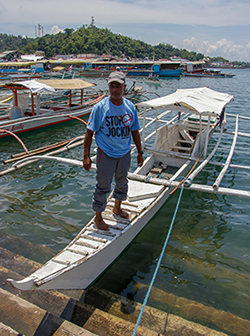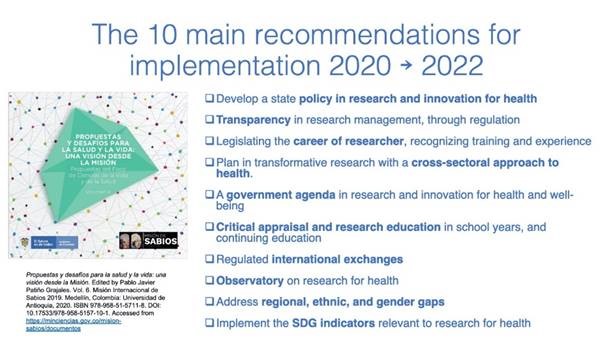The Social Innovation in Health Initiative (SIHI) has been selected as partner and awarded US$ 150 000 by WHO’s Health Emergencies Programme to develop a community engagement package that will support the implementation of various health interventions.
The Country Readiness Strengthening Department in WHO’s Health Emergencies Programme is leading a Community Engagement Package Project that will bring together experiences on successful community engagement activities in different contexts, settings and target groups. These resources will be used to develop targeted microlearning modules to support various health interventions, such as vaccine implementation and emergency response efforts. The Community Engagement Package comprises three components:
|  Credit: L. van Niekerk |
SIHI, established under TDR’s leadership, is a network of partner institutions sharing a common goal to advance social innovation in health through research, capacity building and advocacy, to accelerate progress toward universal health coverage and meet the Sustainable Development Goals. Since 2014, SIHI has established country hubs in ten countries and identified and studied more than 40 community-engaged social innovations in health across 17 countries that are transforming health care delivery to improve access so no-one is left behind.The work will be led by the SIHI Secretariat, based at the University of the Philippines, in collaboration with SIHI research hubs in Colombia, Honduras, Malawi, Nigeria and South Africa.
The COVID-19 pandemic has accelerated the need for taking unprecedented steps towards altering what are often disparate approaches to risk communication and community engagement by collectively investing in community-centred approaches.
“Community engagement leading to community readiness and resilience is one of the cornerstones of our work,” said Dr Nedret Emiroglu, Director of the Country Readiness Strengthening Department.
“Communities play important and active roles in epidemics prevention and control,” said Mr Philippe Gasquet, head of the Learning Solutions and Training unit of the Country Readiness Strengthening Department.
The community engagement package will be developed as part of the Risk Communication and Community Engagement (RCCE) Collective Service efforts. The Collective Service is a collaborative partnership between the International Federation of Red Cross and Red Crescent Societies (IFRC), United Nations Children's Fund (UNICEF), and WHO, with support from the Global Outbreak Alert and Response Network (GOARN), and key stakeholders from the public health and humanitarian sectors.
“This package will help ensure that communities and civil society are meaningfully supported and engaged in health response efforts,” said Dr Yolanda Bayugo, who is leading the Community Engagement Package Project. “We were impressed by SIHI’s track record in connecting grass roots experience with its network of academic institutions.”
“We are excited to collaborate with WHO’s Health Emergencies Programme to share SIHI’s experience working with communities to realize and scale up social innovations that are transforming health care delivery,” said Dr Noel Juban, who leads the SIHI Secretariat in Manila.
SIHI hubs in the Philippines and in China are also engaging youth to share social innovation projects related to COVID-19 and other social innovations during the pandemic. The call for submissions closes on 18 December.
SIHI in Latin America: Colombia Ministry of Science and Technology call for research to address community needs
Social innovation in health was promoted in two high-level events with the Minister of Science and Technology of Colombia, as a means towards attaining the Sustainable Development Goals. In both events, SIHI was featured as supporting social and environmental sustainability, and the strengthening of health systems.
A high-level vice-presidential commission in Colombia launched the report by the Life and Health Sciences sub-commission that included 10 recommendations to be implemented by the Colombian Government by 2022. The report was presented to the Minister of Science and Technology and to Colombia’s Vice-President on 20 October 2020 and is available in Spanish on the webpage of the Ministry of Science and Technology – Misión de Sabios and in the library of the Universidad de Antioquia, a TDR partner on implementation research capacity building.

A week later the Universidad del Bosque dedicated its XXVI Institutional Congress on Research to social innovation in health and SIHI, and included presentations from the SIHI Secretariat for the Latin America and Caribbean (LAC) region. The vice-chancellor for research, Dr Miguel Otero, expressed interest in Universidad del Bosque joining SIHI-LAC. The Minister of Science and Technology called for research to address community needs and to bridge the gaps between social needs and research outputs.
For more information, please contact Dr Beatrice Halpaap.


